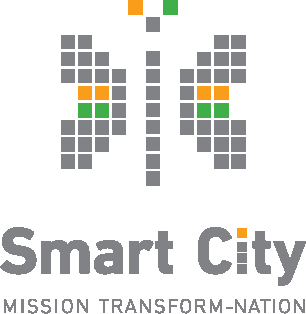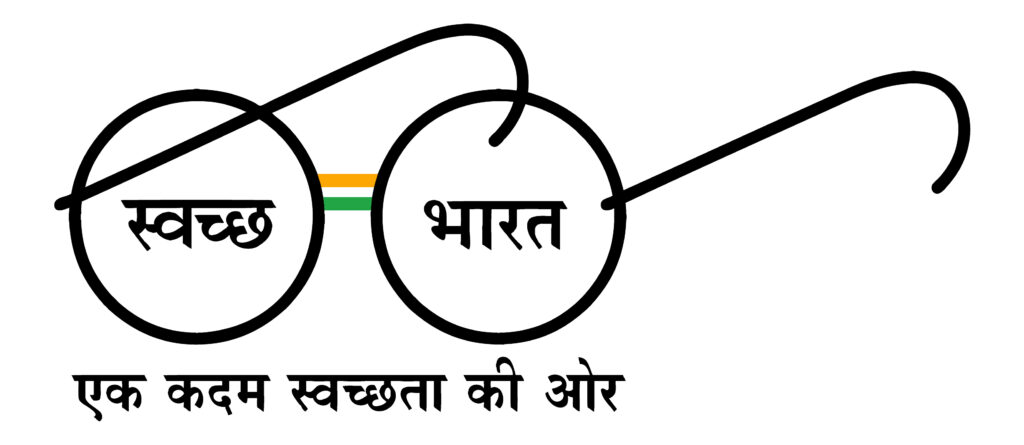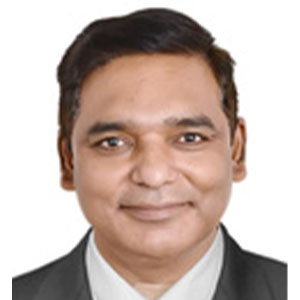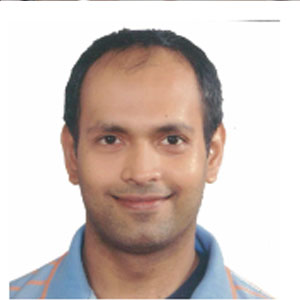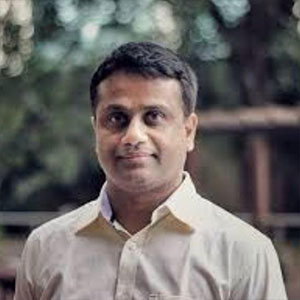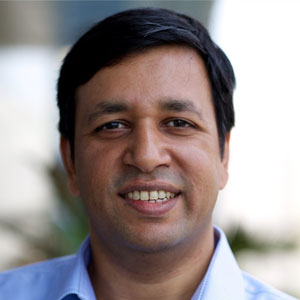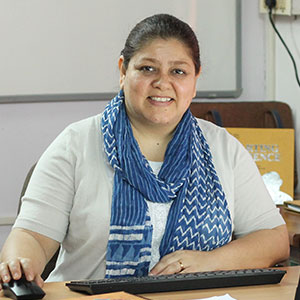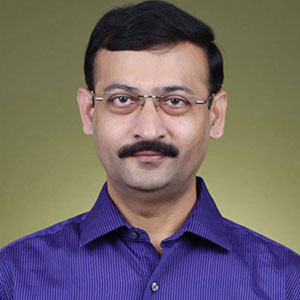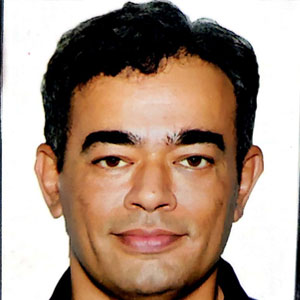In our previous article we saw that common data APIs and common data models are the key tools to combat data silos. Together, these enable efficient data sharing, improved data interoperability and enable ease of application portability across platforms. We explained the role played by Data Descriptors, which are linked data objects present in the IUDX catalogue, in breaking silos by providing consistent and harmonized descriptions of the attributes present in the data. The data descriptors achieve this by linking data attributes to common vocabularies and data models. As such the existence of standard, open data models and vocabularies is not only desirable but crucial to realizing the benefits of data descriptors and open APIs for data sharing. In this article, we look at the Smart Data Models program which is one such collaborative effort to create open and harmonized data models.
Data exchanges, such as IUDX, present formidable challenges in terms of data modelling because of the diversity of data it handles. Even when the data exchange pertains to a single sector, such as the urban sector, it contains data belonging to different application domains, e.g., air quality, transportation, solid waste management etc. Further, the data can have different inherent characteristics, e.g., temporal, geo-spatial etc., which need to be modelled. Additionally, for exchanges to feed real use cases, the data modelling time cycles and efforts have to be relatively small. Finally, it is important for data models to be open and freely available for use. Smart Data Models program fulfils all these requirements.
Smart Data Models is a collaborative project with a goal to to provide agile, standardized free and open-licensed data models based on actual use cases. There are close to 67 organizations that are actively contributing data models. It currently has FIWARE Foundation, IUDX, TMForum, and Open and Agile Smart Cities (OASC) as its steering board members. The program intends to provide tools/resources, such as validation tools, search tools etc., to develop new data models and also augment existing data models. It encourages reuse wherever such models and vocabularies exist, e.g., schema.org, and facilitates development of new models in a collaborative fashion wherever gaps exist. Although, IUDX deals mainly with the smart cities (Urban) domain, Smart Data Models is a multi-sectoral initiative with data models available from close to 12 domains, e.g., Smart Energy, Water, Agrifood, Environment etc[1].
The modelling process followed by Smart Data Models allows one to be agile as it enables small specialized groups to collaborate and create data models at the speed of their use. All the models are publicly available on github and royalty-free. The process encourages creation of data models that are consistent within and across the sectors. The data models are created based on real use case scenarios that need immediate modelling and deployment. Collaboration based on real use cases brings the right kind of parties on board the creation process thus leading to relevant and agile data models.
IUDX is one of the active collaborators to the data models for the smart cities domain by contributing data attributes required to model data available from its active and growing deployment in various smart cities across India. In turn, IUDX is able to gain from this initiative by reusing already existing data attributes required while onboarding new datasets and thus leading to faster deployments.
To summarize, common data models and APIs provide a basis for effective data sharing and realizing the immense potential of diverse and huge volumes of data available within our smart cities. Smart Data Models program is playing a key role in providing an open, relevant and agile data vocabulary and in turn helping the application ecosystem to be agile, portable and more sustainable.
Additional Links:
Related Posts

- IUDX
- September 23, 2021
Report: Non-Personal Data: Policy, Economics and Technology
In response to the Expert Committee Report proposing a Non-Personal Data (NPD) Governance Frame ..

- IUDX
- December 9, 2020
Data sharing, Open Innovation & AI/ML – The inflection point!
The Power of Data: The world has become increasingly digital and the applications in smart citi ..

- IUDX
- November 25, 2021
Lanes of Hope with IUDX Based Green Corridor for Emergency Vehicles
Year 2014, a 21-year-old in Chennai received the gift of life, thanks to an ambulance being abl ..
